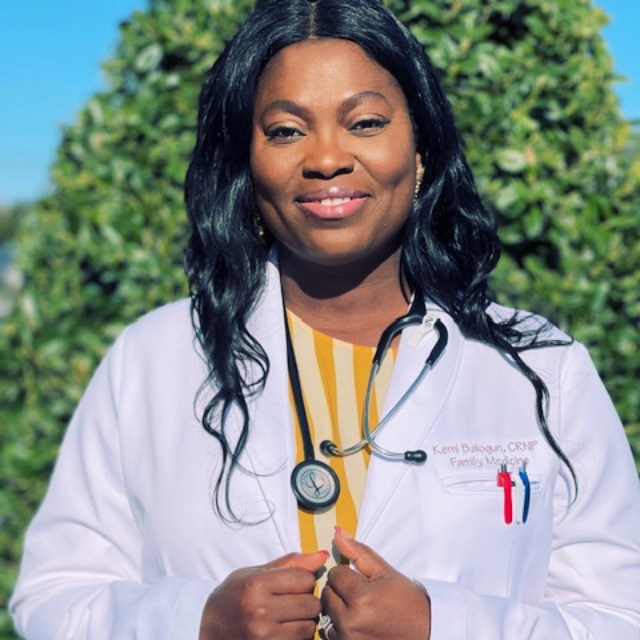Kissing is one of the most common ways people express affection, but many wonder — can you get an STD from kissing? While most sexually transmitted diseases (STDs) require sexual contact to spread, a few infections can, in fact, be transmitted through saliva and mouth contact.
This guide explains which STDs can spread through kissing, how transmission happens, symptoms to watch for, and when to see a healthcare provider.
Understanding STD Transmission
STDs (also known as STIs — sexually transmitted infections) spread mainly through sexual contact involving genital fluids, blood, or skin-to-skin interaction.
However, some infections can also be transmitted through the mouth, particularly when open sores, cuts, or active lesions are present.
The mouth and lips have thin, delicate tissue — meaning if one person has an active infection, bacteria or viruses can enter another person’s bloodstream during deep kissing or contact with open sores.
STDs and STIs That Can Spread Through Kissing
While kissing alone rarely transmits most STDs, certain infections can spread this way under the right conditions.
1. Herpes Simplex Virus (HSV-1 and HSV-2)
-
Most common STD from kissing.
-
HSV-1 causes oral herpes (cold sores around the mouth).
-
HSV-2, which typically affects the genitals, can also spread to the mouth through oral-genital contact.
-
Transmission happens when someone kisses a person with an active cold sore, or even before the sore becomes visible.
Symptoms:
Burning, tingling, or fluid-filled blisters near the lips or mouth.
2. Syphilis
-
Can you get syphilis from kissing? Yes — though it’s uncommon.
-
Syphilis is caused by the bacterium Treponema pallidum and can spread if a person kisses someone with an open sore (chancre) in or around the mouth.
Symptoms:
A firm, round sore on the lips or inside the mouth that appears 10–90 days after exposure.
3. Cytomegalovirus (CMV)
-
A member of the herpes family, CMV spreads through saliva, urine, and other bodily fluids.
-
Often harmless in healthy people, but it can pose risks to pregnant women or those with weak immune systems.
Symptoms:
Usually mild — fatigue, fever, sore throat, or swollen glands.
4. Mononucleosis (“Mono”)
While not classified strictly as an STD, mono is transmitted through saliva and is often called the “kissing disease.”
It’s caused by the Epstein-Barr virus (EBV) — another member of the herpes family.
Symptoms:
Fatigue, sore throat, fever, and swollen lymph nodes.
5. Gonorrhea (Oral or Throat Infection)
While gonorrhea is usually spread through sexual activity, in rare cases it can infect the throat (pharyngeal gonorrhea) through deep kissing with exchange of saliva — especially if one partner has oral gonorrhea.
Symptoms:
Sore throat, redness, or no symptoms at all.
STDs That Do Not Spread Through Kissing
Most sexually transmitted diseases cannot be transmitted through kissing alone, including:
-
Chlamydia
-
HIV/AIDS
-
Hepatitis B and C
-
HPV (Human Papillomavirus)
-
Trichomoniasis
These infections require exchange of sexual fluids or skin contact in the genital areas, which doesn’t occur through casual or deep kissing.
When Kissing Can Increase STD Risk
Kissing becomes riskier in certain situations:
-
One partner has active cold sores or mouth ulcers
-
There are cuts, bleeding gums, or open wounds inside the mouth
-
Sharing utensils, razors, or lip balms with an infected person
-
Deep or open-mouth kissing that involves saliva exchange with multiple partners
Symptoms to Watch For After Kissing
If you experience any of the following symptoms after kissing someone with a known infection, get tested:
-
Cold sores or blisters near the mouth
-
Mouth ulcers or unexplained sores
-
Persistent sore throat
-
Swollen lymph nodes in the neck
-
Fatigue, fever, or general malaise
These symptoms could point to herpes, mono, or other oral infections.
How to Protect Yourself
-
Avoid kissing during outbreaks.
Never kiss someone who has visible cold sores or mouth ulcers. -
Maintain good oral hygiene.
Healthy gums and lips lower the risk of minor cuts that can allow viruses to enter. -
Limit deep kissing with new partners.
Especially if you’re unsure of their infection status. -
Avoid sharing items like lip balm, utensils, or toothbrushes.
-
Get regular STI testing.
Early detection helps protect both you and your partner.
What to Do if You Think You’ve Been Exposed
If you believe you might have been exposed to an STD through kissing:
-
Schedule a visit at your local walk-in medical center or sexual health clinic.
-
A provider can perform tests for herpes, syphilis, or oral gonorrhea.
-
Avoid kissing others until you’ve been evaluated and cleared.
At Medhaven Health, certified providers like Oluwakemi Balogun (Kemi), CRNP, FNP-BC, MSN offer confidential STD testing, counseling, and treatment in a safe, professional environment.
Expert Commentary — Oluwakemi Balogun, CRNP, FNP-BC, MSN
“Most STDs do not spread through kissing, but oral herpes (HSV-1) is extremely common and can transmit easily through direct mouth contact. The key is awareness — if you or your partner have visible sores, wait until they heal before kissing or engaging in oral intimacy.”
Final Thoughts
While kissing is generally low-risk for STD transmission, it’s not entirely without risk.
Infections like oral herpes, syphilis, or mono can spread through saliva or contact with open sores.
Practicing good hygiene, avoiding kissing during outbreaks, and getting tested when in doubt are the best ways to protect your health.
If you have concerns about possible exposure, visit a trusted clinic like Medhaven Health in Glen Burnie for personalized, discreet care.
Disclaimer: This is informational content, not a substitute for professional medical advice.

CRNP, FNP-BC, MSN is a board-certified Family Nurse Practitioner with 16+ years of experience. She provides personalized, high-quality care in family medicine, preventive health, and chronic disease management at MedHaven Health in Glen Burnie, Maryland. Read More





